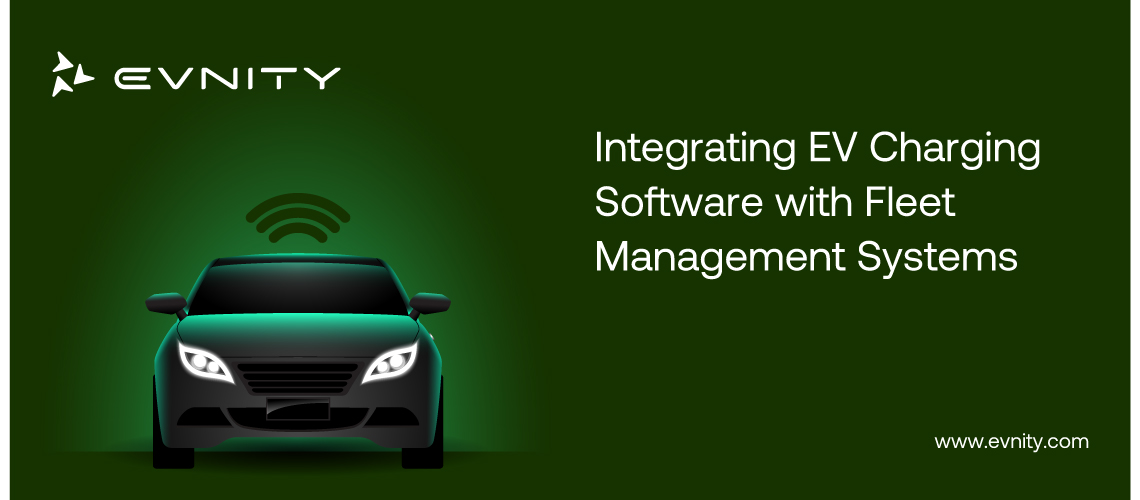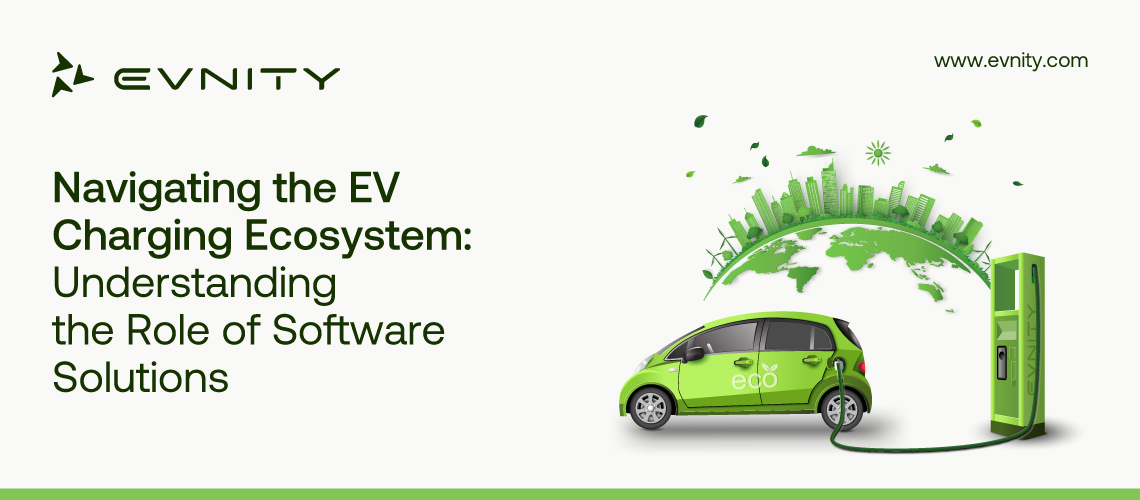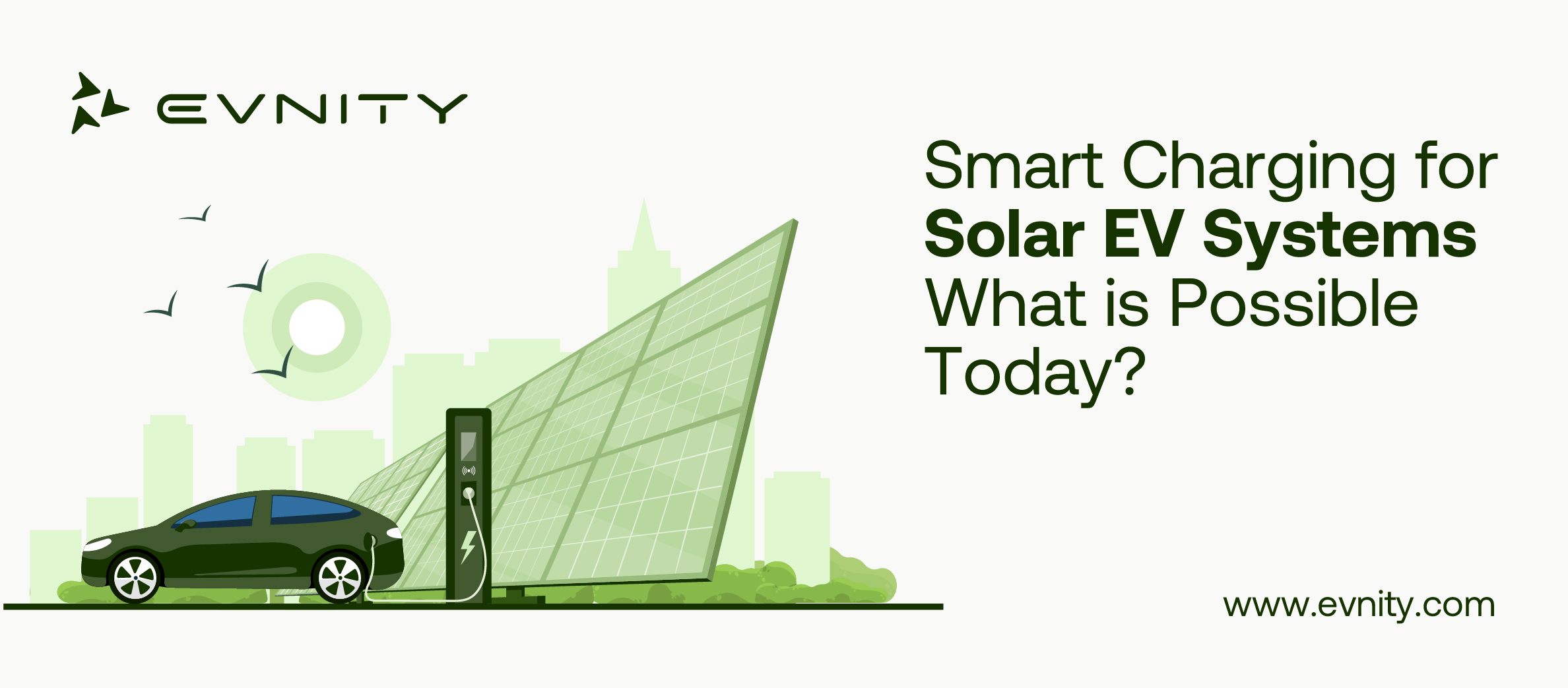Electric vehicle (EV) usage is rising, which has increased demand for effective management and infrastructure for charging. Station managers can monitor and manage charge points from a single location with the help of cloud-based software for EV charging. EVCMS, also known as electric vehicle charging management software, has advantages like streamlining the charging procedure, maximizing energy consumption, and enhancing user experience. The benefits of EVCMS and how it helps with EV adoption are discussed in this article.
EV Charging Management Software
EV charging management software optimizes electric vehicle charging operations, which acts as a mission control hub for fleet operators, property managers, and other service providers. It combines energy load distribution, charging activity tracking, and payment processing, contributing to safe, effective, and dependable EV infrastructure. In accordance with the use case, the software may change.
Considerations for selecting EV charging software include user administration, fleet management, hardware monitoring, payment processing, and energy management. Energy management software should consist of load balancing features, and end-user fees and PCI-compliant credit card payments should be securely collected by payment processing software. While hardware monitoring software should provide 24/7 automatic notifications for network problems and charger issues, fleet management software should combine charging resource management with regular vehicle operations. User management software's security and service control features should enable users to access charging networks and stations based on specific user groups.
Benefits Of Evcms
Reduced cost
By giving station managers real-time information on station performance, allowing them to spot problems early, plan maintenance in advance, and lowering the need for expensive repairs, cloud-based EV charging management software can help them save on maintenance expenses.
Adaptability and scalability
Station managers may quickly scale and adjust their charging infrastructure in the future by using cloud-based software. They can manage and add new stations from a single location. EV charging management systems, designed according to new charging standards, developing technology, and user needs, are essential in the electric vehicle (EV) landscape's constant evolution. EVCMS is prepared to effortlessly incorporate these modifications, guaranteeing compatibility with the most recent charging standards and protocols. This future-proof strategy guarantees efficient and dependable charging solutions for EV owners and operators.
User friendly
For a hassle-free charging experience, the mobile applications linked to the centralized management platform provide real-time information on station availability and wait times. This approach decreases wait times and boosts general satisfaction comparable to a personal parking valet. For a hassle-free charging experience, the mobile applications linked to the centralized management platform provide real-time information on station availability and wait times. This gives EV drivers the impression that they serve as their parking valet.
Efficient Management
With cloud-based software, operators can gather real-time usage data, plan maintenance, and monitor energy use from a single dashboard, making decisions based on data that will improve station performance and reduce downtime. In order to reduce the risk of power grid overload and maximize energy, it also helps the power grid by applying sophisticated algorithms and load-balancing capabilities. By managing the grid effectively, blackouts, errors, and other grid-related problems are avoided.
Freedom And Flexibility
EV charging management software provides convenience and flexibility, enabling customers to charge their vehicles anytime. With its remote monitoring and control capabilities, users may oversee charging sessions at home or the office. By providing flexible rates based on usage trends and ease of collecting payments for charging sessions, cloud-based software also increases the potential for revenue for Charge Point Operators and Electric Mobility Service Providers.
Conclusion
EV Charging software and platforms provide advantages like streamlined charging, energy optimization, and user experience. Utilizing cutting-edge load balancing and energy optimization algorithms they help maintain the stability of the power system. Users benefit from remote monitoring and control; quick payment methods guarantee smooth transactions. For charge point operators and service providers, cloud-based EV charging management software offers a consolidated platform for station management, enhanced revenue possibilities, improved user experience, lower maintenance costs, and simple scalability.


